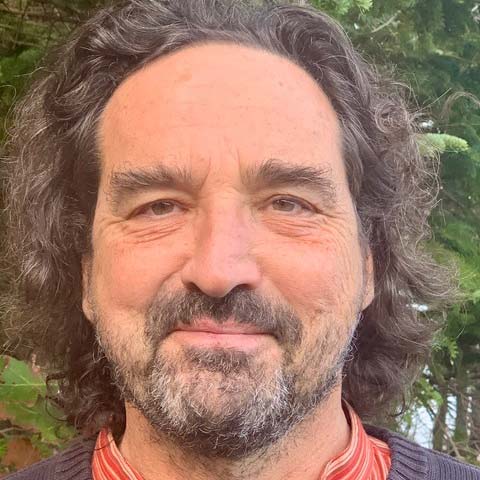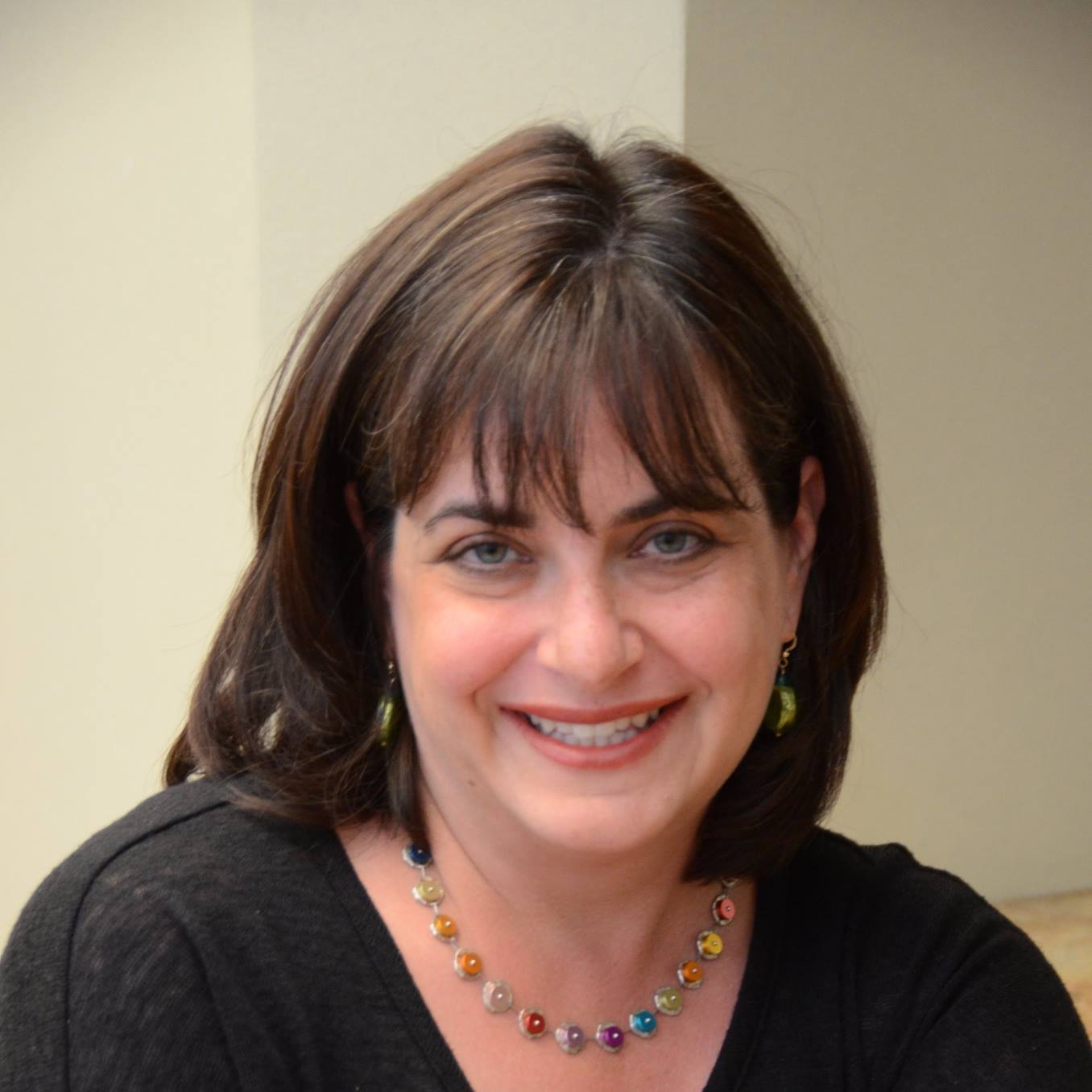We Remember Damas Gisimba, 61, Savior of More than 400 Rwandans During Genocide
The USC Shoah Foundation mourns the passing of Damas Gisimba, the director of a Kigali orphanage who sheltered and saved the lives of over 400 people, mostly children, during the 1994 Genocide against the Tutsi in Rwanda. Later in life, he headed the Gisimba Memorial Center, a charitable organization that provided after-school programs for disadvantaged children and served as a place of remembrance for victims of the genocide.

